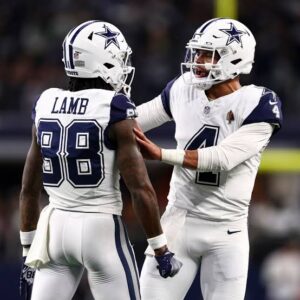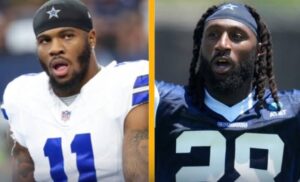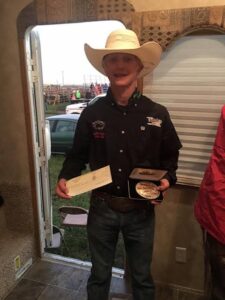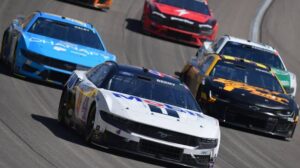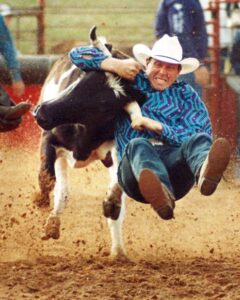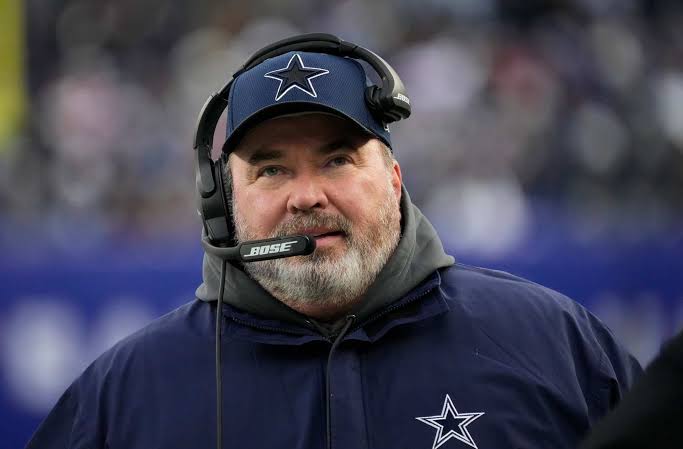
After a Chargers challenge, officials saw that Cowboys WR Jalen Tolbert was the first player to touch the ball on a bizarre punt return.
With nearly nine minutes to play in Monday’s Cowboys-Chargers game, a bizarre punt return cost the Cowboys the ball.
Cowboys receiver Jalen Tolbert was blocked into Turpin by Chargers cornerback Ja’sir Taylor. The ball bounced next to the three players. Tolbert, thinking the ball hit Turpin, jumped up and went after the ball. Tolbert touched the ball before Chargers deep snapper Josh Harris in a dive and failed to secure it.
The Chargers challenged the play and replays showed Tolbert was the first player to touch the ball.
“The biggest thing (is) JT thought Turp touched the ball on the collision,” coach Mike McCarthy said. “He was the first touch that was pretty clear on the review. Just like anything on the road. when they put it on the Jumbotron it’s usually in favor of the home team.”
So instead of the Cowboys getting the ball at their 30, the Chargers got the ball. The miscue resulted in a Chargers’ touchdown, a Justin Herbert one-yard pass to tie the game at 17-17.
After the game, NFL senior vice president of officiating Walt Anderson said in a pool report that fair-catch interference didn’t apply in this instance since Turpin was contacted by a teammate who was actively blocking an opponent.
“And when a teammate of the returner is actively blocking, that teammate is responsible for his own contact even if it’s into the player who signals for a fair catch. So, the contact was actually by the teammate of the Dallas player who had signaled for the fair catch,” Anderson said.
Anderson also clarified that the review was initiated by the Chargers.
“Correct because the ruling on the field was that it was illegally touched by the Chargers. So, there wasn’t a ruling on the field of a change of possession. It was just a normal punt with an illegal touch. If we had ruled on the field initially that the ball was touched by the receivers and then awarded to the kicking team, then it would have been a booth review to either confirm that’s what happened or if the reverse had happened, then we would have changed it,” Anderson said. “But because it was ruled on the field that it was not touched by the receiving team, that’s why it was a coach’s challenge.”

